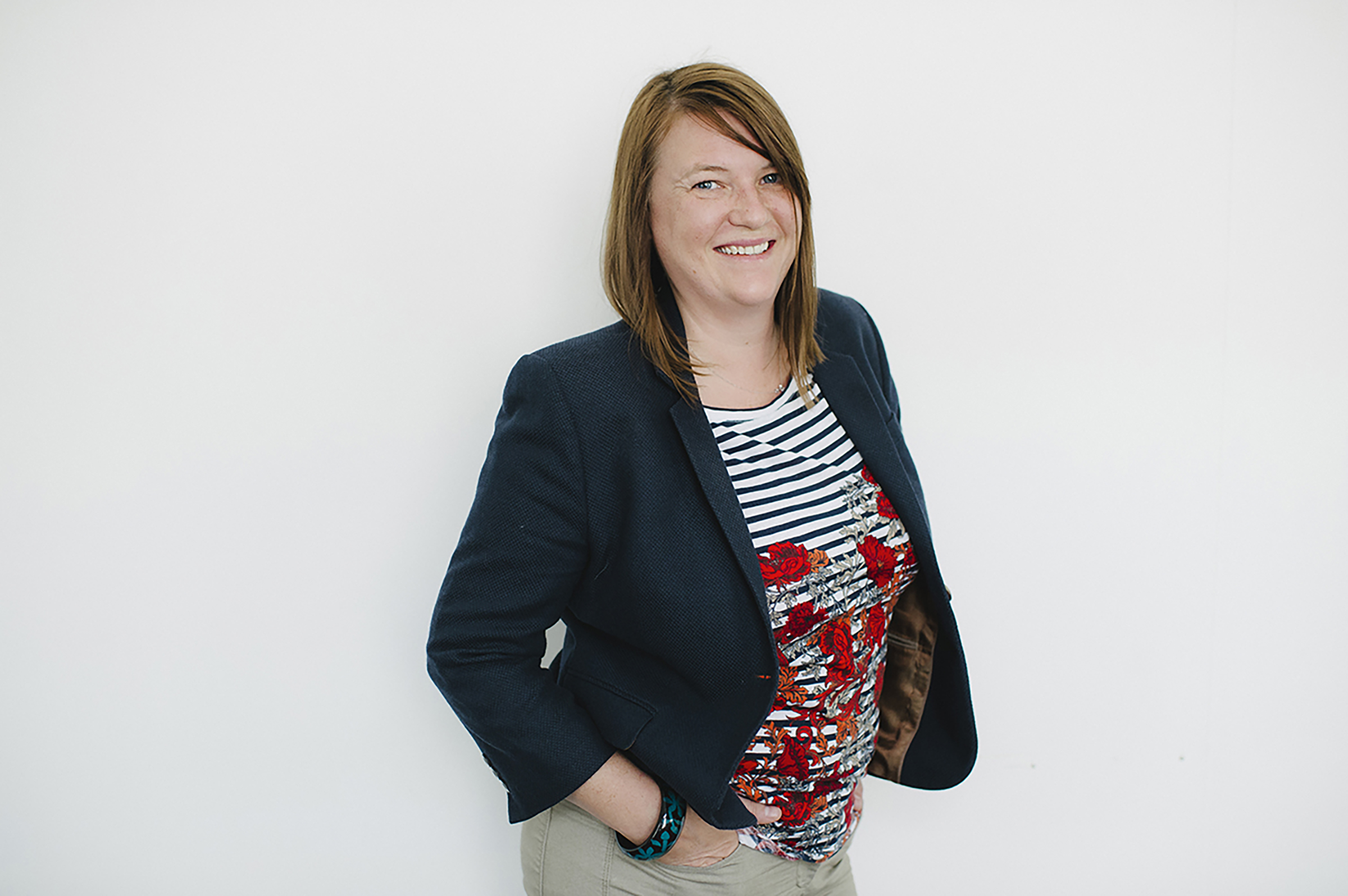Professor Helen Dickinson named one of the most influential academics in government
UNSW Canberra’s Professor Helen Dickinson has been named one of Apolitical’s 100
UNSW Canberra’s Professor Helen Dickinson has been named one of Apolitical’s 100

UNSW Canberra’s Professor Helen Dickinson has been named one of Apolitical’s 100 Most Influential Academics in Government.
The list highlights academics from across the globe who have influenced the policy making process by providing insights into policy problems, contributing innovative ideas and solutions, or adding relevant and informative data.
“It’s a great honour to be named amongst a list of incredible academics and a number of whom I admire,” Professor Dickinson said.
“But academia is a team sport and what I’m most proud of is how UNSW Canberra’s Public Service Research Group has been recognised as being influential in policy spaces and the great work that all of the team do.”
Professor Dickinson’s work spans governance, policy implementation and stewardship of emerging technologies. However, she said she is particularly passionate about inspiring others to advocate for change.
“I have done a lot of work around the health and disability spaces and anything that has helped to improve equity and access to these services are things I am proud to have been involved in,” she said.
“But often what makes me more proud is where I see people I have mentored – so early career researchers and people who have come through non-traditional routes – being engaged with policymakers and politicians around areas they are passionate about.”
Professor Dickinson explained that academics and policymakers work under different incentive structures, can often use different languages, and operate to very different timelines, which can be challenging at times.
“You need to be able to see the context that your partner is working within and understand that you might not always be able to do all the things you want in the ways that you want to,” she said.
“You need to be honest about these issues as they come up and be clear about your boundaries.”
Professor Dickinson said there were a number of practical things academics could do to work more effectively with policymakers, including making materials clear and accessible, putting findings into plain English and working to agreed timeframes.
“Fundamental to all of this is having working relationships across this divide,” Professor Dickinson said.
“I spend a lot of time getting to know policymakers and public servants, not because there is something I necessarily want at that time, but if we have a trusting relationship when opportunities arise it will make them work more smoothly.”
To other academics who want to make a difference in government, Professor Dickinson’s advice is to “follow your passion”.
“It can sometimes be a long and hard road to advocate for the type of changes that you want to see, so it is really important that you are passionate about an area to sustain you,” she said.
“Also know where your expertise lies. Sometimes you can be asked to speak to topics you aren’t as familiar with and knowing when to bring others in or pass on opportunities can be really important.”
Read the full list of and find out more about Professor Dickinson’s research below: